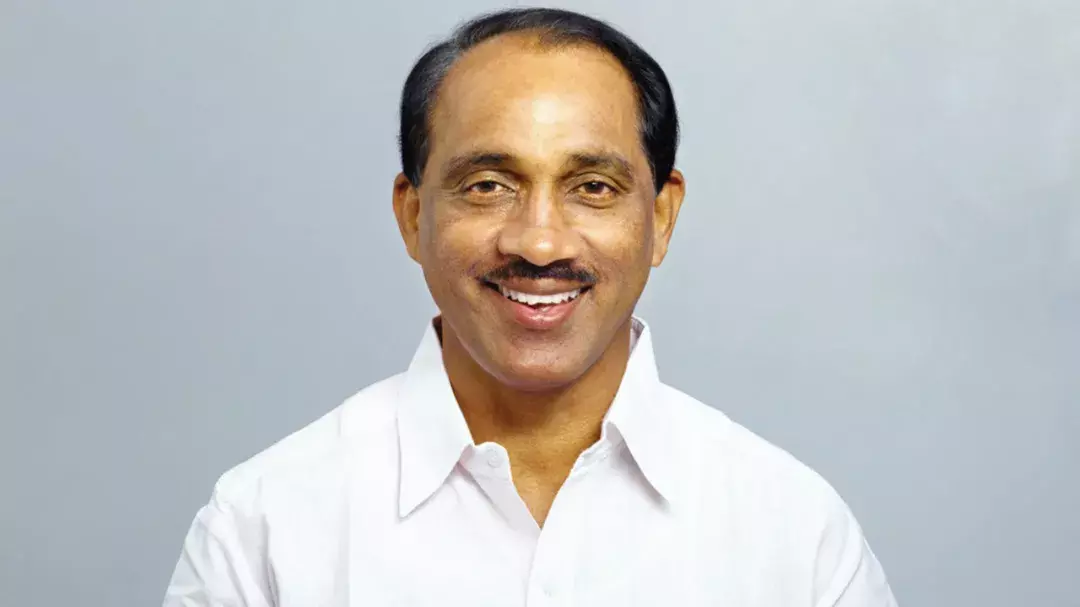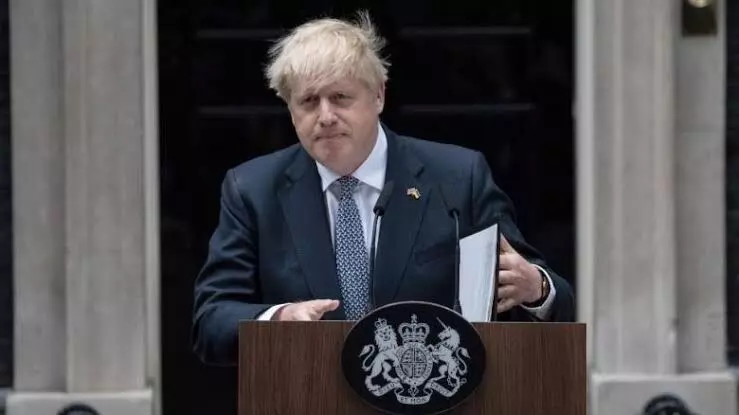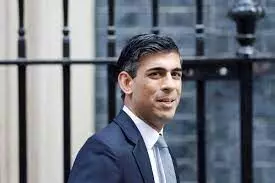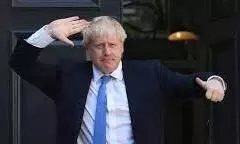
The flagbearer of the fall
text_fields"The good news is that the worst prime minister in modern British history is stepping down. The bad news is that he hasn't stepped down yet" - this is how the "Guardian" newspaper commented the announcement of British Prime Minister Boris Johnson's resignation. Everything about looks encapsulated in those two sentences. When Boris Johnson steps down from Number 10 Downing Street after three years, it is both good news and bad news at the same time. The resignation, after controversies and political crises, of Boris, who is also the leader of the Conservative Party, came when he was left with no other option. In the past few days, things turned into uncertainty when more than forty lawmakers in the ruling party, including ministers and those who work closely with the government, turned against Boris and resigned as a sign of protest. Despite this mass resignation, Boris's first response was that he would not resign. His counter-question was why he should resign as long as he had a majority of more than 80 seats in the House. But when he realized that not just a few leaders, but the entire party wanted him to resign, Boris could no longer hold out. By remarking that he was giving up the 'best job in the world,' he made the announcement which Britain was eagerly waiting for. He will remain as caretaker prime minister until someone else takes over the leadership of the party instead.
Although it can be said that the rebellion within the party against the appointment of Christopher Pincher, who faced sexual accusations, as the Deputy Chief Whip, showed the door to Boris Johnson, the reality is beyond that. Christopher Pincher resigned a few days ago, and Boris has admitted that the appointment was a mistake. Even then, if it couldn't extinguish the flame of the unrest, it can be said that any appointment is not the cause of the current political crisis. In reality, the problem was Boris Johnson himself, his attitude and personality. Ever since the day he assumed power in 2019, Boris has shown interest in creating controversies. From the Brexit negotiations to the controversial 'Partygate' scandal, any number of events can be cited. All these led to a huge crisis in the country. This has caused discontent in various degrees both within and outside the party. Although Boris won a confidence vote in the British Parliament a few weeks ago, 41 percent of members of his own party voted against him. It also became big news when a survey conducted at that time revealed that 60 percent of Britons shared the view that Boris should resign. Boris Johnson assumed power in the last week of July 2019 by succeeding Theresa May or 'the new iron lady'. The goal of both of them was to implement 'Brexit', which will separate Britain from the European Union. But the reality is that the Conservative Party does not fundamentally agree with 'Brexit'. The then Prime Minister David Cameron had to give in to the Brexit referendum as the growing far-right forces in the country took hold within the party. In the referendum, 52 percent of the British people voted that the country should exit from the European Union. After the referendum result, Cameron resigned foreseeing its impact. There are those who have described 'Brexit' as an earthquake.
Apparently, the country will be isolated economically and politically. Theresa May, who came to power perhaps tried to implement a 'soft Brexit' by anticipating this danger. Or rather, the policy of moving forward with maximum cooperation while remaining outside the Union. However, people including Boris Johnson were against it. Their goal was a complete Brexit. When this disagreement led to great political uncertainty, Theresa May resigned and Boris assumed the role of Prime Minister. After coming to power, he blindly pursued the whims of the far-right forces. He declared refugees and immigrants enemies. He often became the voice of Islamophobia. At one point, even from his own side, he was mocked as the 'British Trump'. On the other hand, there was a complete failure in the field of governance. This was also reflected in the prevention of the Covid pandemic. After Brexit, many agreements with the European Union were cancelled and the economy was also hurt. The country is currently going through the biggest economic recession in the last four decades. Inflation has crossed 9 percent. It may reach 11 by the end of the year. The Scottish government has called for a referendum on an 'independent Scotland', feeling that Britain is about to sink into the abyss of uncertainty and crisis. If this trend continues, Northern Ireland may also seek independence from Britain. In short, the current developments are only the natural outcome of setting out to make the idea of Brexit - which arose out of pure racial thinking - a reality. It's just that Boris Johnson became the flag bearer of that fall. This is a lesson for other governments too.

























